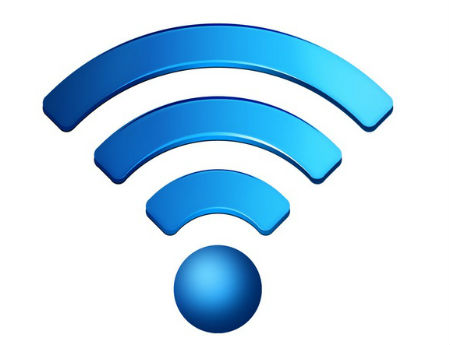Comcast, Liberty Global Forge A WiFi Connection
The smarter way to stay on top of the multichannel video marketplace. Sign up below.
You are now subscribed
Your newsletter sign-up was successful

Comcast and Liberty Global have struck a WiFi roaming agreement that will allow their respective customers to access millions of hotspots in the U.S. and seven countries in Europe.
The WiFi roaming/peering deal, a first between MSOs that serve customers in the U.S. and abroad, is poised to provide access to more than 10 million hotspots in the early phases – Comcast expects to have 8 million “Xfinity WiFi” hotspots up by year’s end, while Liberty Global expects to have 2.5 million by then under its “Wi-Free” and “WifiSpots” SSID signals in several countries, including Belgium, the Netherlands, Ireland, Poland, and Switzerland.
Comcast and Liberty Global, which uses a client-based WiFi authentication and security system, expect to trial the shared WiFi service later this year and offer it broadly in 2015.
Hotspots that are part of the Comcast/Liberty Global partnership include those that are deployed in outdoor venues, in select business locations, and in an increasing number of wireless gateways deployed in customer homes. The latter set-up, sometimes referred to “community hotspots” or “home-as-hotspot,” has been popular in Europe for years, but is now starting to take hold in the U.S. with operators such as Comcast and Cablevision Systems.
Liberty Global and Comcast said they plan to “continue to grow their WiFi footprints aggressively.” Cable operators have historically used WiFi as a free perk for their broadband customers. The new pact will give millions of Liberty Global and Comcast customers the ability to connect for free when they are in the presence of the MSOs' WiFi network and reduce the need to hook into cellular networks that are typically subject to small data caps before overage charges apply. Liberty Global and Comcast estimate that the deal will provide such an alternative to the 11 million Americans who visit Europe and 12 million Europeans who come to the U.S. each year.
According to Tom Nagel, Comcast’s SVP of strategic initiatives, the roaming deal between the Comcast and Liberty Global is currently on a settlement-free basis, meaning no money is changing hands based on data traffic levels.
“Our expectation is that it [traffic] will be fairly balanced,” Nagel said, noting that the MSOs will give the roaming arrangement some time to operate as settlement-free before coming back to see if some sort of compensation-based model should be considered.
The smarter way to stay on top of the multichannel video marketplace. Sign up below.
“We are delighted to join forces with Comcast to begin building worldwide WiFi connectivity and we hope that this will create interest from other cable operators to join us,” said Balan Nair, Liberty Global’s EVP and CTO, in a statement.
In the U.S., the current “Cable WiFi” roaming consortium consists of Comcast, Cablevision, Cox Communications, Time Warner Cable and Bright House Communications. Together, they have deployed more than 250,000 quasi-public hotspots that are supported by the WiFi roaming pact.
While the agreement gives Liberty Global broadband subscribers free access to Comcast’s WiFi network, but Comcast has also been testing out a paid model with two Asian carriers – Japan’s KDDI and Taiwan Mobile. In those trials, customers of those Asian carriers have negotiated a per-minute rate when their customers tap into one of Comcast’s hotspots.
